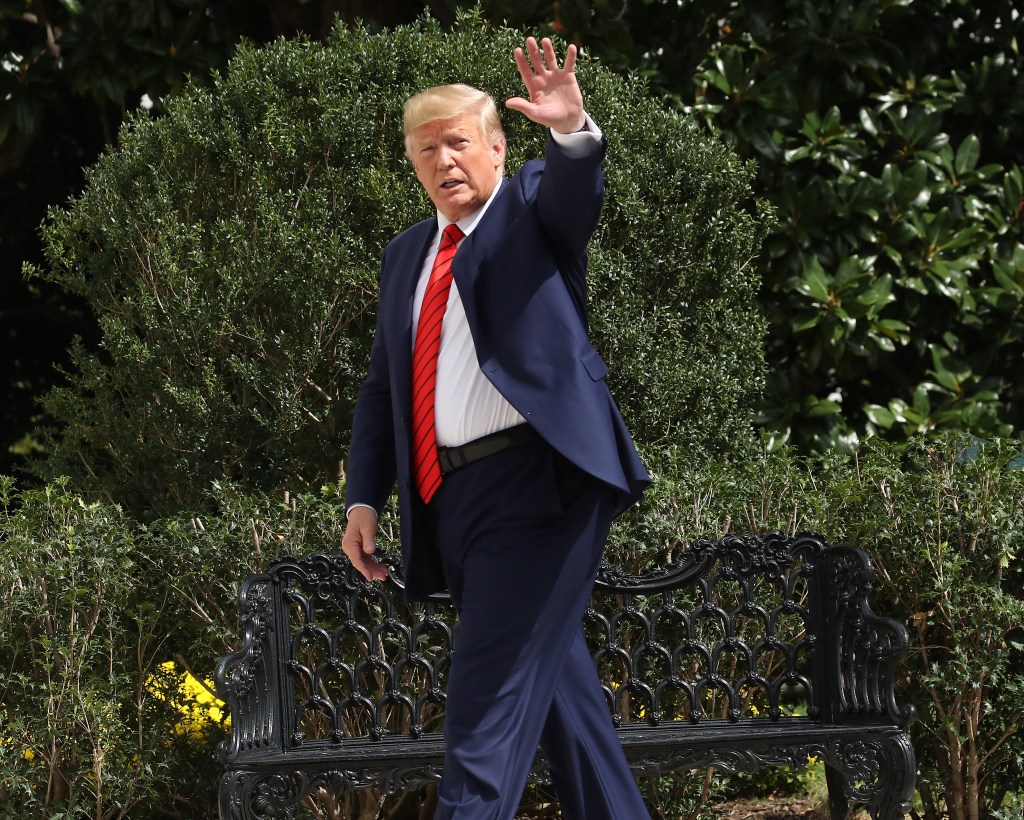When former National Security Agency director Michael Hayden reached out to Carly Fiorina with an urgent request in the weeks after 9/11, the HP CEO responded swiftly.
Hayden needed computer servers—a lot of them, and quickly—as part of his effort to build what would become the most wide-ranging domestic surveillance program in US history.
Videos by VICE
“Carly, I need stuff and I need it now,” Hayden recalled telling Fiorina, according to a report published Monday by Yahoo News.
Fiorina, who had been named HP CEO in 1999 and is now running for president as a Republican, promptly redirected truckloads of HP servers that had been destined for retail stores into the custody of federal officials who took them to NSA headquarters in Fort Meade, Md.
The servers were needed for a massive new warrantless surveillance program codenamed “Stellar Wind” that had been approved by President George W. Bush.
Fiorina acknowledged providing the HP servers to the NSA during an interview with Michael Isikoff in which she defended the Bush administration’s warrantless surveillance programs and framed her collaboration with the NSA in patriotic terms.
“I felt it was my duty to help, and so we did,” Fiorina said. “They were ramping up a whole set of programs and needed a lot of data crunching capability to try and monitor a whole set of threats… What I knew at the time was our nation had been attacked.”
The Stellar Wind program was a precursor to other secret NSA surveillance efforts that would eventually include initiatives designed to collect the call records of millions of Americans, and monitor internet and data traffic at critical telecommunications infrastructure points, including, perhaps most notoriously, at the now-legendary Room 641A inside an AT&T facility at 611 Folsom Street in San Francisco.
Fiorina’s disclosure of her assistance to the NSA comes as she seeks to position herself among the GOP presidential hopefuls as an aggressive foreign policy hawk and strong advocate of robust counterterrorism programs.
Fiorina’s compliance with Hayden’s request for HP servers is but one episode in a long-running and close relationship between the GOP presidential hopeful and US intelligence agencies. In 2006, Hayden, who by then had become CIA director, appointed Fiorina, who was forced to resign as HP CEO in 2005, as chair of the CIA External Advisory Board.
In this capacity, “Fiorina walked the corridors of the CIA and other high offices of government, assembling recommendations for national-security policy and developing a close working relationship with some of the most powerful officials in the administration,” according to a recent National Review article by Jim Geraghty.
On her campaign website, Fiorina touts her “top-secret security clearance,” which she says has “given her intricate institutional knowledge of the challenges facing America ahead—and how to solve them.”
In the interview, Fiorina also vigorously defended the CIA’s controversial use of waterboarding during so-called “enhanced” interrogations, which she said helped “keep our nation safe” after 9/11.
“I believe that all of the evidence is very clear—that waterboarding was used in a very small handful of cases [and] was supervised by medical personnel in every one of those cases,” Fiorina told Yahoo News. “And I also believe that waterboarding was used when there was no other way to get information that was necessary.”
Fiorina’s endorsement of aggressive surveillance and interrogation tactics is just the latest in a series of hawkish statements that offer a glimpse of the kinds of national defense policies she might pursue if elected president. Earlier this month, Fiorina proposed a substantial increase in military spending—$500 billion over ten years by one estimate—and an upgrade of “every leg of the nuclear triad,” which consists of intercontinental ballistic missiles, submarine-launched ballistic missiles, and airborne bombers capable of delivering nuclear warheads.



